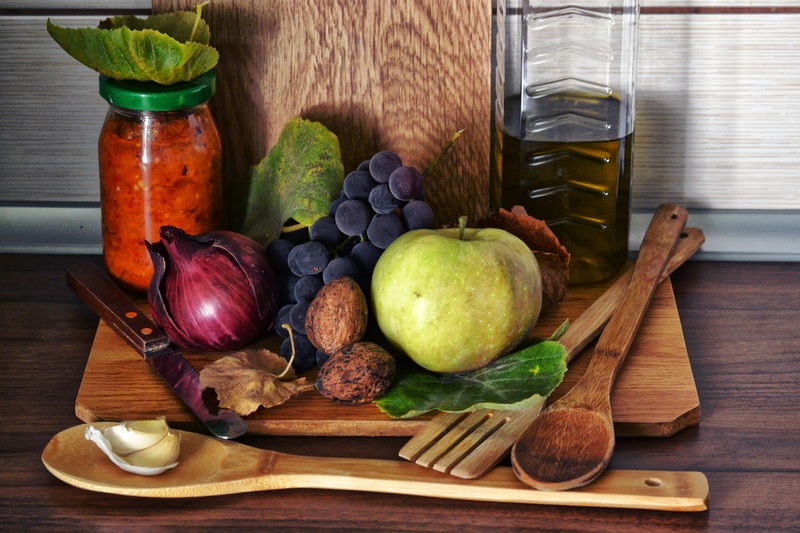If you’ve decided to start a meatless diet, it’s essential you continue to fuel your body with protein. Protein is part of every cell in the body. It’s the building block of our bones, muscles, cartilage, skin and blood, and our hair and nails are made mostly of it. Depriving yourself of protein can weaken the body.
Dietitians and nutrition buffs have termed protein a “macro-nutrient,” which means that the body needs fairly large amounts of it to operate effectively. We need it to make essential chemicals such as enzymes and hormones, and to build and repair tissues. Meat is high in protein, so when we eliminate this from our diet, we have to compensate for this loss by ingesting protein-rich alternatives. Here are a few great options.
Eggs
Eggs are high in protein at 6 grams each. Boiling eggs ahead of time and refrigerating them makes for a great grab-and-go option in the morning before heading out the door.
grab-and-go option in the morning before heading out the door.
Cheese
Parmesan packs the biggest punch at 10g per ounce, closely followed by Romano at just one gram less per ounce. If you prefer the texture of cottage cheese, you can expect to consume 13 grams in half a cup.
Quinoa
If you have yet to be introduced to this miracle grain, you’re in for a treat. It’s not only high in protein at 8g per cup, but a great source of fiber and iron. Quinoa can be used in place of rice and can be mixed with vegetables and topped with a variety of sauces to make a hearty meatless meal.
Nuts and Seeds
Pumpkin seeds have a whopping 35g of protein per cup, while almonds have 30g for the same serving size. Almonds are jam-packed with vitamin B2, vitamin E, calcium, iron, phosphorus, magnesium, fiber, essential fatty acids, antioxidants, and folate. Pumpkin seeds come packed with heart healthy magnesium, which aids in proper bone and tooth formation, blood vessel relaxation, and regulating bowel function.
A word of warning, eggs are also high in cholesterol, and the recommended daily intake is only one. Cheese can bind up the digestive system and lead to weight gain, so it should also be used sparely. Make sure to keep your protein-packed foods on rotation, switching up what you choose to intake on a daily basis for the best impact. Keep in mind, the American Heart Association recommends ingesting no more than 6 ounces of meat per day. Use this as a baseline for your protein replacements.

